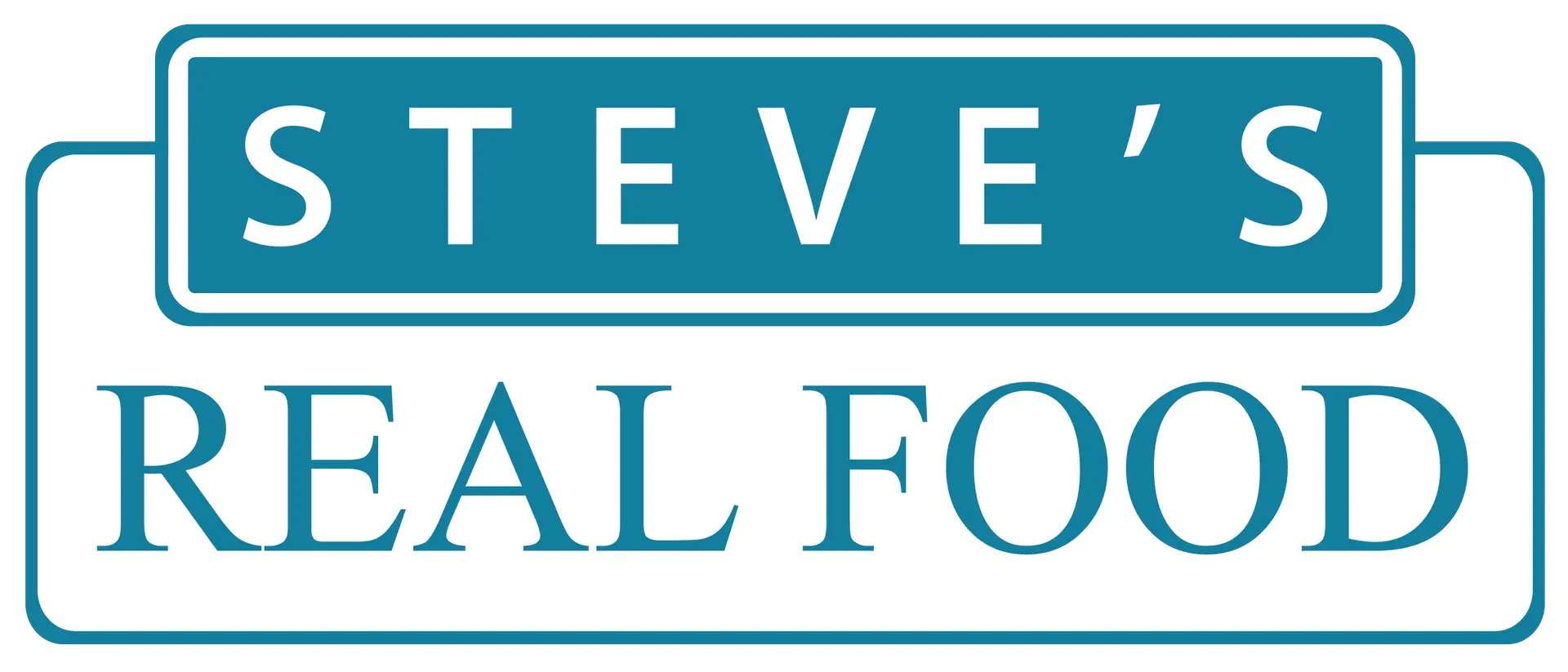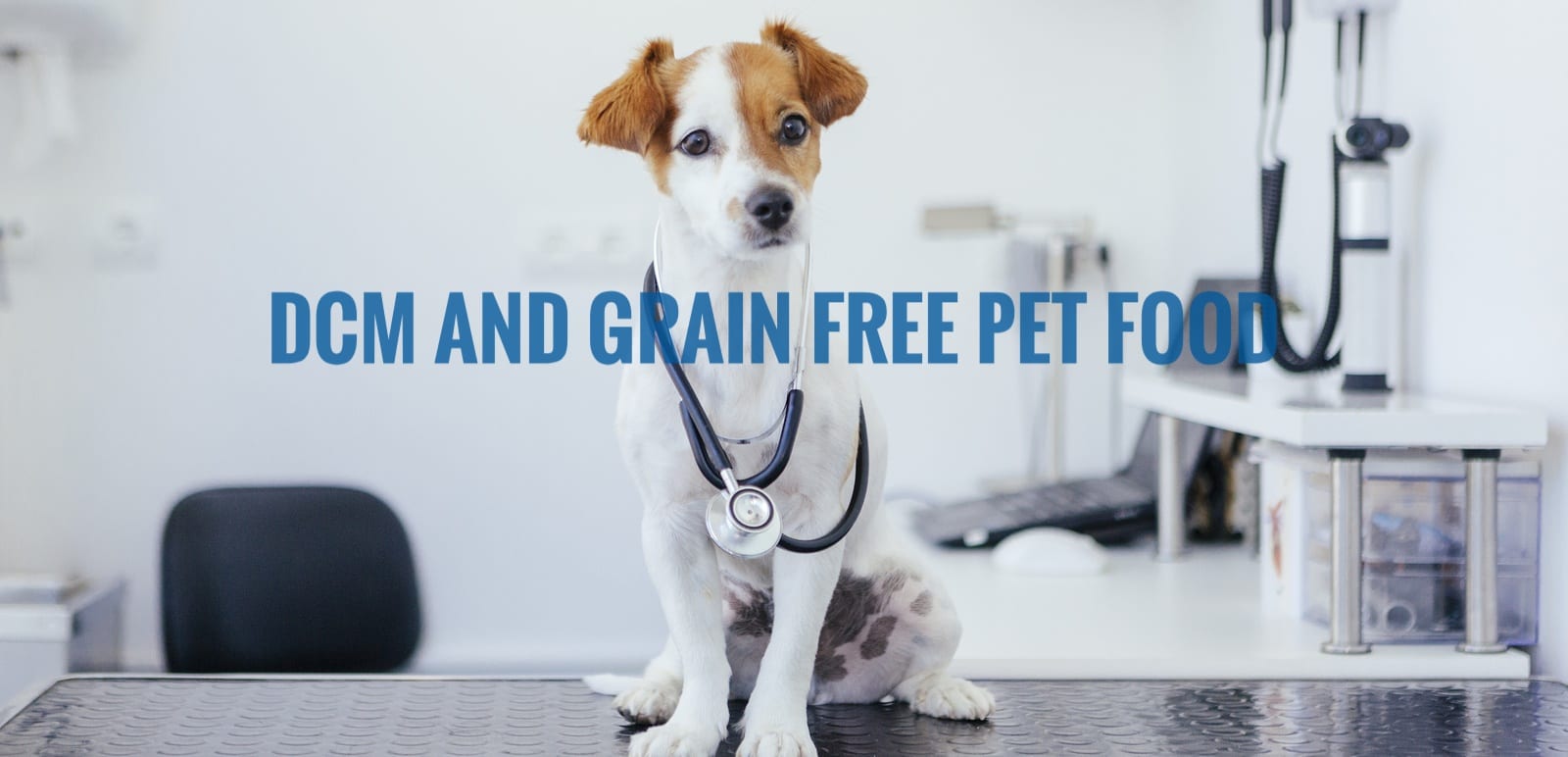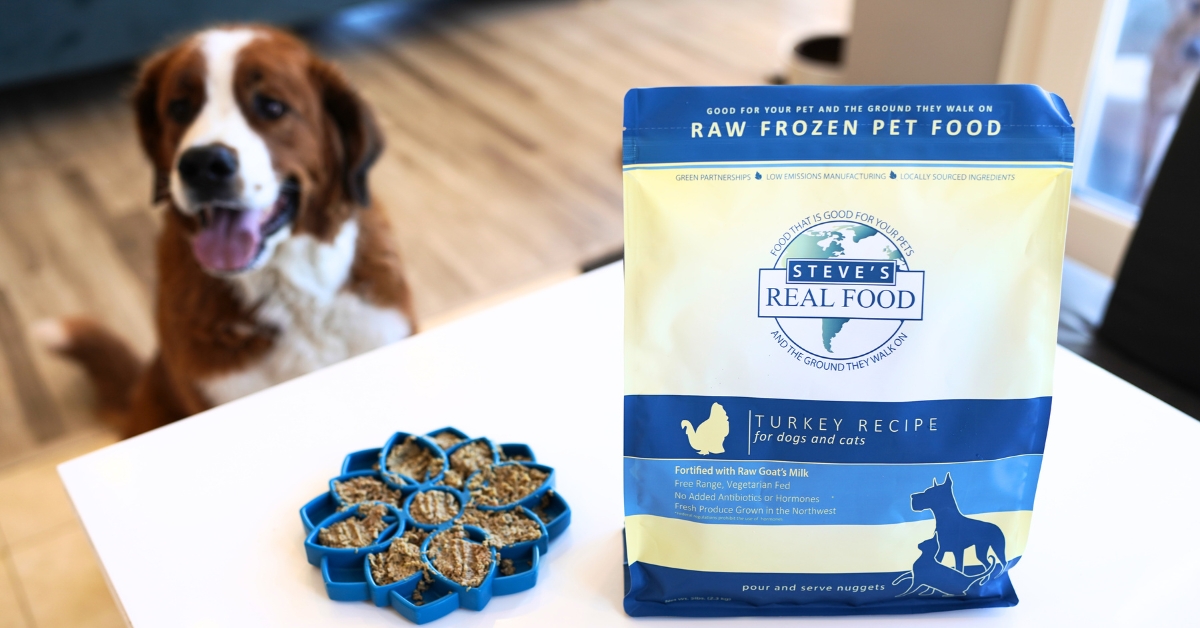Dilated Cardiomyopathy is a pretty frightening word, and certainly not one you want to hear associated with the health of your beloved canine. This condition has been in the news a bit lately and can be especially worrisome to hear that certain forms of the condition may be related to diet. It’s worth taking a moment to understand the issue and what you as a pet parent can do to make sure the condition doesn’t affect your dogs.
Dilated cardiomyopathy, or DCM, is a condition in which the left ventricle of the heart becomes enlarged and weakened, leading to poor circulation, more extensive heart damage, and eventually heart failure. Though the condition is often hereditary when observed in dogs, an increasing number of cases have been observed in dogs without any known genetic predisposition. So what has been happening in the last few decades that may account for the increase in affected dogs? It turns out that, as with many modern illnesses in pets, diet may be to blame. In this case, grain-free kibble diets high in potato, pea, etc. starches.
First a Bit About Taurine
Taurine (aminoethane sulfonic acid) is an essential amino acid, meaning that, though the body may be able to produce small amounts of it on its own, the primary source needs to come from food. Taurine is especially essential because of how vital it is to heart health. It’s an important osmoregulator that stabilizes membranes and mitigates oxidative stress and contractile function. Taurine is also essential to eye health, insulin sensitivity, hearing function, and electrolyte balance. Luckily, taurine is found in high levels in heart and other muscle tissue, which are both often found in pet food. However, it absolutely matters how the meat is treated, and what else the food contains.
Raw Food Preserves Intact Amino Acids
In other Steve’s Real Food literature, you can read all of the science-y goodness about how and why amino acids are more bioavailable in raw pet food, but the basic idea is this: raw foods retain all of the natural unaltered amino acids in the food. Not only are the amino acids found in naturally high concentrations, but they are in their most basic and usable form, meaning that they are ready for your dog to use directly after digestion. Cooked foods simply do not have much (if any) actually usable amino acids present, after undergoing the high heat process that most kibbles endure. Though many foods include supplemental taurine, it will still never be as good as the real, straight-from-the-source taurine found in raw meats.
Starches Can Prevent Amino Acid Absorption
Grain-free kibble needs some kind of starch to hold the doughy mixture together through processing, so many companies turned to alternative sources for starch, such as potatoes and peas. According to Dr. Karen Shaw Becker, a possible link between low taurine absorption and high-starch content may be related to a “chemical reaction (called the Maillard Reaction) between taurine and a carbohydrate during the extrusion process that depletes the digestible taurine level in the food”. The high heat processing that causes the interaction of carbohydrates and amino acids also promotes the proliferation of gut bacteria that can further inhibit the absorption and recycling of taurine. So basically, the high carbohydrate content in the food and the high heat process the food undergoes lowers the amount of taurine in the food and makes it harder for your pet to absorb what taurine is present.
Ways to Ensure Your Pet Has Adequate Taurine in Their Diet
Though we will always recommend raw feeding above all, we realize that this is not ideal for everyone. Luckily, there are ways to add taurine into your pet’s diet, no matter what you choose to feed. Try any of the following methods to make sure your pet has a healthy intake of taurine:
- Avoid foods that are high in starches including grains, potatoes, legumes (such as peas or beans), or tapioca
- Avoid foods that are processed (extruded) at very high heat; a “lightly baked” or equivalent is a better bet if you are not able to do raw food
- Add raw muscle meats (especially heart) into your pet’s current nutritionally balanced diet
- Look for pet foods that have supplemental taurine added into the recipe
- Add a can or two of canned fish to your pet’s diet per week
Taurine is especially high in the following foods, so try to incorporate them into your pet’s diet! Raw is always best, but if you must feed these foods cooked, make sure they are as minimally processed as possible. Remember that variety is the key!
- Mussels
- Turkey
- Clams
- Chicken
- Fish
- And other animal muscle meats
REFERENCES:
Becker, K. S. (2018, July 9). Are Dogs With DCM Taurine-Deficient? Retrieved from https://healthypets.mercola.com/sites/healthypets/archive/2018/07/09/link-between-dog-food-taurine-deficiency-and-dcm.aspx
Lourenco R, Camilo ME: Taurine: a conditionally essential amino acid in humans? An overview in health and disease. Nutr Hosp. 2002, 17: 262-70.
Yu, H., Guo, Z., Shen, S., & Shan, W. (2016). Effects of taurine on gut microbiota and metabolism in mice. Amino Acids, 48(7), 1601-1617. doi:10.1007/s00726-016-2219-y






